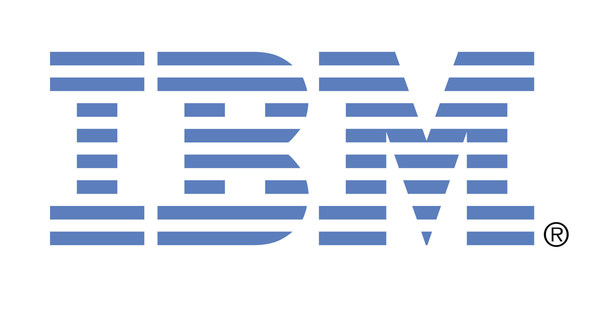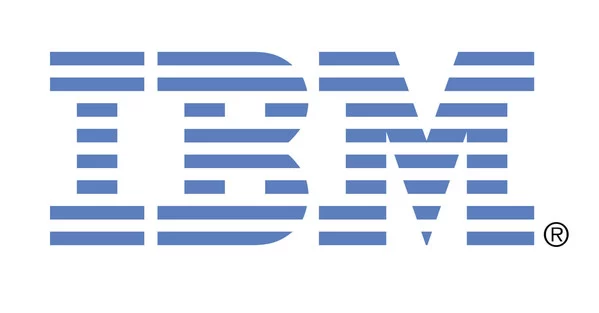 |
- IBM also announces IBM z16, the next-generation system, bringing industry-first real-time AI to transaction processing at scale to help prevent fraud in real-time, a challenge that costs Singaporeans an average of S$1,648 in the past 12 months due to fraudulent financial charges
- IBM z16 is the industry’s first quantum-safe system. Building on IBM’s history of security leadership, IBM z16 also is specifically designed to help protect against near-future threats that might be used to crack today’s encryption technologies.
SINGAPORE, April 21, 2022 /PRNewswire/ — According to a new report by IBM (NYSE: IBM), geographies and generations differ greatly in the frequency and impact of financial fraud, as well as their attitudes toward fraud detection and the institutions responsible for protecting them from bad actors.

IBM z16, the next generation system designed to help prevent fraud in real-time, a challenge that cost the financial industry $32B in card losses in 2021.
The 2022 IBM Global Financial Fraud Impact Report also found that as global consumers have moved nearly exclusively to credit card and digital payments, Singaporeans have been victimized more regularly than all other countries surveyed in the report, costing Singapore consumers an average of S$1,648.52 per year in fraudulent financial charges made by unauthorized third parties.
“Financial fraud and cyber threats are a growing menace to global banks and financial institutions, increasing the need for companies to improve and accelerate preventative methods to stay one step ahead of sophisticated criminal activity,” said Shanker Ramamurthy, Managing Partner, Global Banking & Financial Markets, IBM. “And while the global economy’s evolution toward a cashless society took a huge leap during the pandemic, at the same time, the risk of financial fraud has also grown at an unprecedented rate.”
“The financial sector is constantly under cyberattack globally and Singapore is not spared. The industry is among the most vulnerable to financial fraud and cyber threats because of the vast amount of money and valuable data that banks, and investment firms process each day. The Singapore government is working on a comprehensive approach, working with each party in the ecosystem, to counter the threats. As for financial institutions, they must continue to protect their data and systems against current and future threats – as criminals continue to up their game. It is important to ensure that Singaporeans feel confident, safe, and secure in using financial services,” said Neha Arora, Managing Director, Banking and Financial Markets, IBM.
Global Financial Impact
When it comes to fraud on a global scale, Singaporeans have generally experienced more types of fraud than other countries. Of the countries surveyed, Singapore ranks second in percentage of respondents who have experienced fraud across several categories: credit card fraud, debit card fraud, digital payment fraud (through apps such as Venmo, Zelle and PayPal), digital wallet fraud (such as Apple Pay and Google Pay), and tax fraud. In fact, Singapore ranked second in every category measuring types of financial fraud – with the exception of banking fraud (experiencing financial security issues with their banking institutions), in which it ranked first.
Nearly two out of five Singaporean respondents (39%) are not confident in their bank or credit card’s ability to handle fraudulent charges. Similarly, one-third (33%) are not confident in their financial institution’s ability to detect suspicious activity in their accounts, while more than one-third (35%) of Singaporean respondents are not confident in their bank’s ability to prevent fraud.
Respondents said they believe that banks and payment networks should be most responsible for preventing fraud. But running deep-learning models at scale in real-time has not been possible due to latency issues, meaning a significant amount of fraud is going undetected.
To help address this challenge, IBM today unveiled IBM z16™, IBM’s next-generation system with industry-first breakthroughs, including deep-learning inferencing — in real-time and at scale — for mission-critical workloads such as credit card, healthcare and financial transactions.
IBM z16 uniquely brings together AI inferencing, via its IBM Telum Processor, with the highly secured and reliable high-volume transaction processing IBM is known for. For the first time, banks can analyze for fraud during transactions on a massive scale: IBM z16 can process 300 billion inference operations per day with just one millisecond of latency.
By identifying fraud at the time of a transaction, consumers would no longer need to deal with confirmation emails or texts, or worse, having their card frozen and attempting to recover lost funds. For both merchants and card issuers, this can lead to revenue loss as consumers get frustrated with false declines and turn to other cards for future transactions.
Other threats including tax fraud and organized retail theft are emerging as challenges for governments and businesses to control. Real-time payments and alternative payment methods are pushing the limits on traditional fraud detection techniques. Applying the new capabilities of IBM z16 to other industries is creating an entirely new class of use cases, including:
- Loan approval: Safe, fast approval of business or consumer loans in seconds vs hours or days
- Clearing and settlement: leveraging AI to determine which trades and/or transactions have a high-risk exposure before settlement
- Federated learning for retail: to better model risk against fraud and theft
In a hybrid cloud environment inclusive of on-premises and public cloud resources, it is critical to protect against today’s threats and posture against cybercriminals who may be stealing data now for decryption later. Building on IBM technologies like Pervasive Encryption and Confidential Computing, IBM z16 takes cyber resiliency a leap further by protecting data against future threats that could evolve with advances in quantum computing.
As the industry’s first quantum-safe system, IBM z16 is underpinned by lattice-based cryptography, an approach for constructing security primitives certified by NIST that helps protect data and systems against current and future threats. With IBM z16 quantum-safe cryptography, businesses can future-ready their applications and data today. IBM z16’s quantum-safe secure boot and cryptography can help clients get ahead of future quantum-computing related threats including harvest now, decrypt later attacks leading to extortion, loss of intellectual property and disclosure of other sensitive data.
About the 2022 IBM Global Financial Fraud Impact Report
IBM commissioned the study to maintain its understanding of present-day challenges that consumers are facing when it comes to financial fraud, as well as the ability of global financial institutions to retain control of their mission critical infrastructure to provide secure payment transactions in real-time. The study was commissioned by IBM and conducted by Morning Consult; a third-party market research firm based in the United States. The study was conducted among 1000 adults in six countries: the US, China, Singapore, Brazil, Japan, and Germany. The full report can be downloaded here.
Media contact
|
Seri Rahayu External Communications IBM ASEANZK – Singapore & Vietnam +60122106907 (Mobile) |
Selvi R Communications Leader IBM ASEANZK & Singapore +65 9795 4165 (Mobile) |







